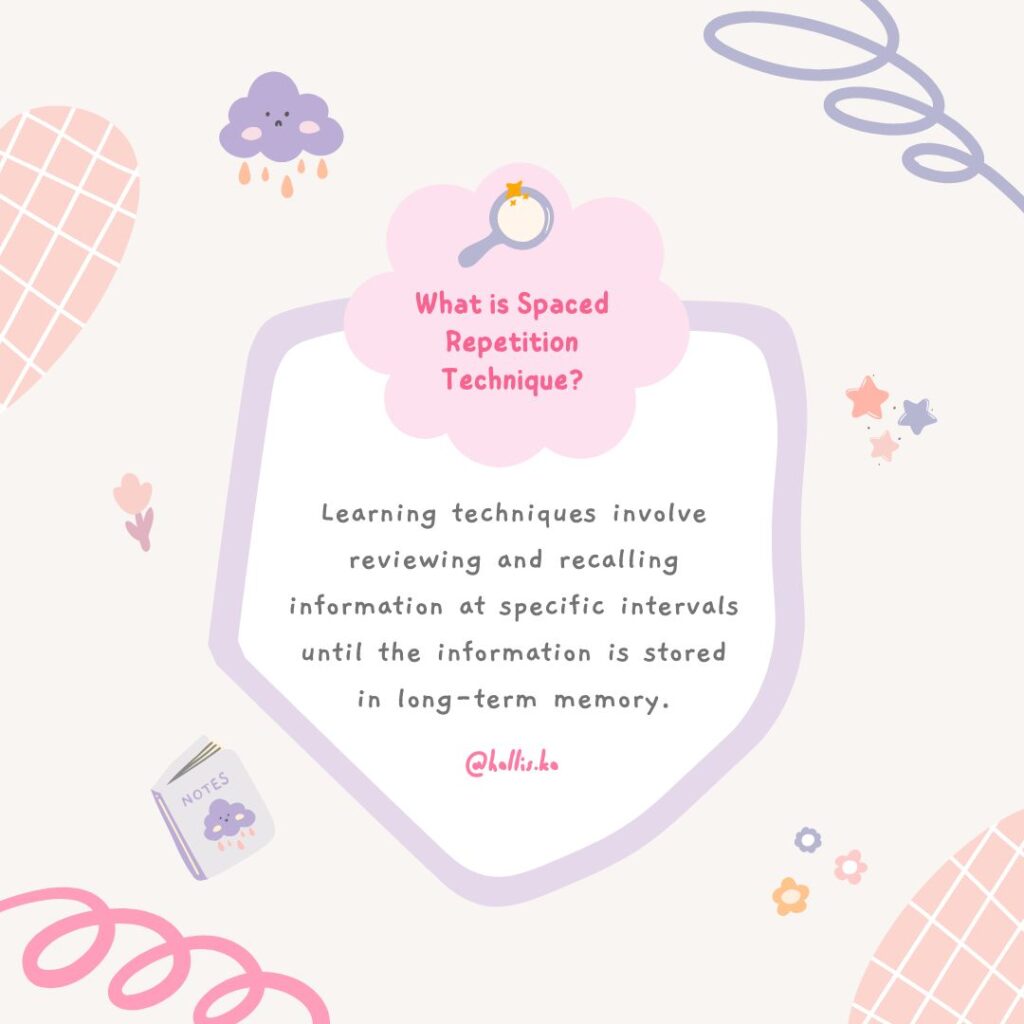
Spaced Repetition Language Courses
Spaced repetition is an effective way for language learners to expand their vocabulary and improve their comprehension skills. When used in just the right way, spaced repetition (a system which maximises the chances of information retention), language learning can be incredibly rewarding for students. Naturally, memorisation and learning through repetition is not a be-all-end-all or substitute for well-rounded instruction or dedicated practice nor is it a panacea for any and all problems you are having with language learning. Perhaps you aren’t seeing progress because you are suffering from misplaced motivation, or you have been focusing on the wrong type of material, or doing too much grammar, or not enough grammar or too much pretending you’re learning on Duolingo but not actually practising; that aside, I do fully believe it is a method that can get people out of the absolute beginner stage, and give them the best chances of actually succeeding in their language learning journey.
Why Spaced Repetition?
I believe that in order to keep people motivated, they need to be able to feel their progress. In traditional language courses, this is quite difficult to do aside from exams at the end of a season, semester or session. This can often be a double-edged sword – perhaps you are doing well at the exam, but don’t feel as though you are actually able to use the language you are supposedly dedicating time and (probably) money to studying. Using SRS, we can put the basics directly into your brain, and start using the language from day one – and the best part is that the system used is purely customisable and it becomes increasingly clear the more you use it, the things that actually need practising. You end up learning and practising what needs to be learned, and not re-reading and practising the same 10 words over and over again.
You don’t have to be a genius for Spaced Repetition to work for you, either. Even those who have never had experience learning foreign languages can start to see their progress very early on – and they can start reflecting on what they know from day 1. I believe there are a lot of misconceptions about language learning and that a lot of people believe that those who are good at it, are naturally gifted or somehow more dedicated – some of the most successful language learners I know are the laziest people and some of the least academically minded that I know. At its core, attitude and motivation are key – method comes second. Integrating SRS early allows us to get beyond the basics and then find a method which works for the individual student; some people like to study through the lens of grammar, some people only need to know how to read, some people hate reading and only want to speak – some people only want to pass an exam.
At the end of the day, beyond the basics, it’s entirely a question of what the student needs, but before that, the language is the language. Once we have the core vocabulary, grammar and metalinguistic awareness we can tailor a course for anyone no matter what their needs.
I have been using SRS for years for language learning, memorising trivia, for school, for university and for fun. Sometimes it’s nice to have information at hand even if it’s useless. Currently, I am learning the names of the most common birds and fish in my area. It’s something I have always taken an interest in, but I’ve never been very good at actually remembering which bird is which. Having the names in my head connected to the images of the birds allow me to have some information at hand next time I’m out and about. Sure, I could take my field guides with me, but how fun is it to be able to know these things without needing the references? now, I know that obviously knowing a name of a bird isn’t the same as knowing a language, but having the name of the bird in my head acts as a placeholder for information about the bird next time I might see it – it is easier than to process and compile information next time I come across it such as when I saw it, how many there were and what sounds it was making – the time is spent observing rather than being frustrated at not remembering what bird it is after reading the reference book for the thousandth time. This is much the same with language learning. If you have the basics at least committed to memory, you can go out and about and listen to them in context and actually get to the bits that matter – communication and understanding, rather than stressing about not remembering.
If you’d like to know more, or if you’d like to book a Spanish class with me get in touch!